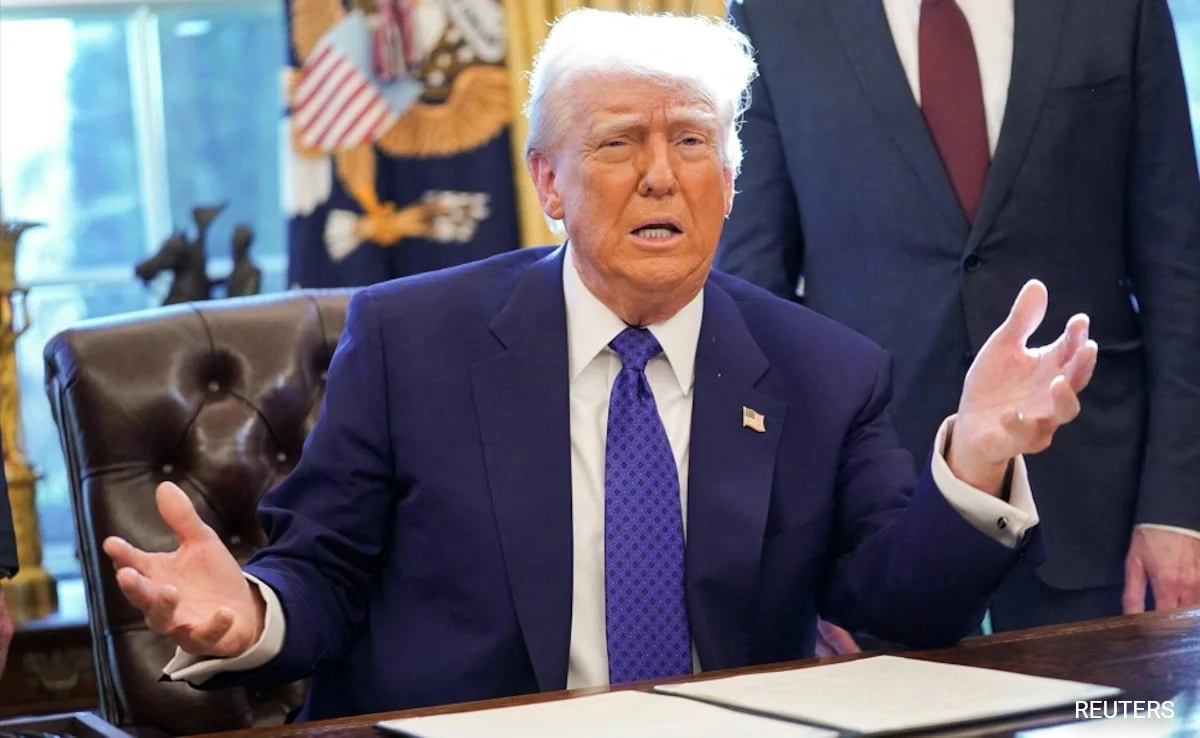India’s political landscape is often characterized by the dominance of influential families whose legacies have shaped the country’s governance and electoral dynamics. These prominent political families, such as the Nehru-Gandhi family, the Karunanidhi clan in Tamil Nadu, and the Yadavs in Uttar Pradesh, have not only held significant power but have also been embroiled in intense rivalries and feuds that reflect the complexities of Indian politics. The Nehru-Gandhi family, for instance, has been at the forefront of Indian politics since independence, with figures like Jawaharlal Nehru, Indira Gandhi, and Rahul Gandhi shaping the Congress Party’s trajectory. However, this lineage has faced internal strife and external challenges, particularly as rival parties, such as the Bharatiya Janata Party (BJP), have sought to undermine their influence.
The feuds within these political families often stem from personal ambitions, ideological differences, and the pressure to maintain their political legacy. For example, the division within the Yadav family in Uttar Pradesh, particularly between Akhilesh Yadav and his uncle Shivpal Singh Yadav, illustrates how personal rivalries can spill over into public disputes, impacting the broader political landscape. Similarly, the Karunanidhi family has witnessed power struggles that have led to factionalism within the Dravida Munnetra Kazhagam (DMK), showcasing how even established dynasties can fracture under the weight of individual aspirations. These internal conflicts not only affect party unity but also influence voter perception and electoral outcomes, as factions vie for control and loyalty.
Moreover, these political feuds are often amplified by the media and public discourse, creating narratives that can sway public opinion. The dramatization of these rivalries can lead to heightened emotions, rallying voter support for one faction over another, thereby impacting election results. In a country where family lineage often plays a critical role in political candidacy, these disputes can either bolster a family’s legacy or lead to its downfall. The interplay between familial loyalty and political ambition continues to shape the broader narrative of Indian politics, making it a compelling subject for analysis.
In conclusion, the enduring presence of powerful political families in India, coupled with their bitter feuds, underscores the intricate dynamics of the nation’s governance. These rivalries reflect not only personal conflicts but also broader ideological battles that resonate with the electorate. As India continues to evolve politically, the influence of these families and the nature of their disputes will remain pivotal in determining the future trajectory of the country’s democracy. Understanding these familial dynamics is essential for grasping the complexities of Indian politics, where power, legacy, and ambition intertwine in a constantly shifting landscape.




